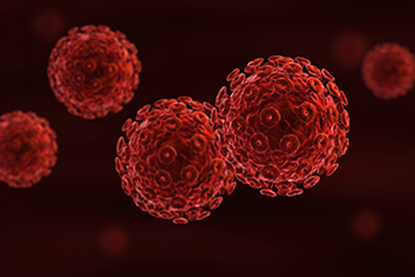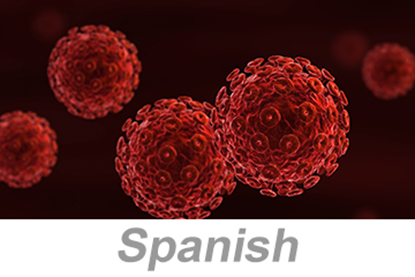You have no items in your shopping cart.
NON-OSHA
Excludes OSHA Content
Bloodborne Pathogens (BBP)
If your job duties include even occasional contact with blood or other infectious materials, you are at risk for contracting potentially deadly, incurable diseases. Take this course to learn what bloodborne pathogens are and how you can protect yourself from them. Ideal learners include anyone who may be exposed to blood or other potentially infectious materials, including healthcare workers, custodians, maintenance staff, research personnel and construction workers.
$29.95
Bloodborne Pathogens (BBP) (Chinese)
如果您的工作职责包括与血液或其他传染性物质,即使偶尔的接触,您也有感染潜在的致命性、无法治愈性疾病的风险。参加本课程学习什么是血源性病原体,以及如何保护您自己免受它们的危害。理想的学习者包括任何可能被暴露于血液或其他潜在感染物质的人员,包括医护人员、保管人、维修人员、科研人员和建筑工人。
$29.95
Bloodborne Pathogens (BBP) (Spanish)
Si sus tareas de trabajo incluyen un contacto incluso ocasional con la sangre u otros materiales infecciosos, se encuentra en riesgo de contraer enfermedades incurables y potencialmente mortales. Realice este curso para aprender qué son los agentes patógenos y cómo puede protegerse de estos. Los estudiantes ideales incluyen a cualquiera que pueda estar expuesto a la sangre u otros materiales potencialmente infecciosos, incluidos los trabajadores de la salud, los cuidadores, el personal de mantenimiento, el personal de investigación y los trabajadores de la construcción.
$29.95
Chemical Facility Security Awareness Training (US)
What would happen if criminals or terrorists got their hands on potentially dangerous chemicals at your facility? What if they planted a bomb at your workplace? No one wants to experience the answers to these questions. Take this course to find out what you need to watch out for and what to do if you discover a security threat. Ideal learners are workers and managers in any facilities that use bulk quantities of highly hazardous chemicals.
$29.95
Chemical Facility Security Awareness Training (Spanish)
¿Qué podría ocurrir si criminales o terroristas obtuvieran químicos potencialmente peligrosos de su planta química? ¿Qué pasaría si colocaran una bomba en su lugar de trabajo? Nadie quiere experimentar las respuestas a estas preguntas. Tome este curso para saber de qué necesita estar atento y qué hacer si descubre una amenaza de seguridad. Los estudiantes idóneos son trabajadores y gerentes de cualquier planta que use cantidades a granel de químicos altamente peligrosos.
$29.95
Cleaning Up Small Chemical Spills
Spills in the workplace are almost inevitable. Because of the range and quantity of substances used in laboratories, manufacturing facilities and other work areas, preplanning is needed to respond safely to chemical spills. Spills should be cleaned up only by knowledgeable and experienced staff. This training will provide the information needed to handle small chemical spills in the workplace. Ideal learners are those who work around chemicals.
$29.95






